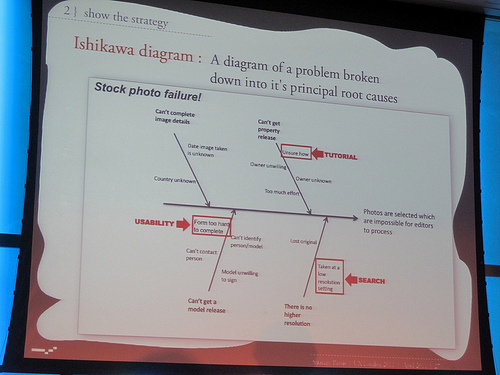This article covers counselling assessments for LGBT couples. For individuals read Assessments for LGBT Individual’s Counselling.
STOP PRESS: Dedicated Website for Counselling for LGBT/QIA+ Couples.
On This Page...
What is an Assessment for LGBT Couple Counselling?
Before a couple begins counselling, every ethical and professional therapist must perform an assessment with the couple beforehand (read about LGBT couple counselling). This informs both the couple counsellor and the couple if entering a counselling relationship may a good idea or not.
Initially, the couple meet with Dean Richardson to go through a process called “a counselling assessment”. The couple and Dean must first determine if therapy is an appropriate and helpful choice for the couple, and if it is then the couple and Dean must discover what is the therapy intended to address. The couple is assessing the therapist as well as assessing if they can work together in therapy.
It is not unusual for the couple to find the assessment process therapeutically valuable too as the assessing therapist asks questions of the relationship that, perhaps, the couple have never addressed before. Some couples proceed into counselling, some couples find that the assessment does enough for them to go it alone.
The Counselling Assessment Process.
An assessment for LGBT couples counselling often takes four sessions and can take longer if helpful:-
- Session 1: the couple and Dean meet to discuss an overview of what is needed from counselling.
- Session 2: one partner meets with Dean on their own. This is to discuss their perspective on the couple relationship, and to discuss some personal history.
- Session 3: the other partner meets with Dean separately as in session 2.
- Session 4: the couple and Dean meet meet again to discuss what we have learned in the previous sessions, and to begin to set a focus about what the couple counselling should address.
Couples therapy cannot successfully proceed with different agendas (i.e. both partners wanting different things from counselling). If necessary, session 4 can be repeated for a a longer time to see if the couple can be helped in negotiating or compromising upon what should be the focus of therapy for their relationship.
There is no hurry – and each couple’s approach is different.
By the end of the LGBT Couple Counselling Assessment.
With an agreed focus for therapy, subsequent sessions are lead primarily by the couple themselves. The therapist offers support, listens to the couple’s discussions with occasionally offering observations and therapeutic hypotheses on the relationship intended to help both partners learn what might be going on in their relationship. With new information the couple can learn what is different, and difference is a relationship or a change in the relationship (Selvini et all, 1980) inviting the couple into making more informed choices, change patterns of behaviour and be less held “at ransom” by unhappy behaviour.
A main intention of couple counselling with gay & lesbian couples is primarily to help to disturb the relationship’s unhappy behaviour patterns. We do this by being curious and interested on the relationship’s systems (learning about those automatic behaviours that occur within the relationship), learning & finding new information and allowing inspiration to address what is being learned… plus being creative with solutions to alter some behaviours that lead to an unhappy relationship.
We’ll work to develop solutions – and the couple will gradually begin come up their own solutions themselves. Counselling can begin to end at this stage.
The couple counselling process encourages space for thought and inspiration, allowing the couple’s relationship to become unstuck and leaving the couple no longer in need of further counselling intervention.
Every gay and lesbian couple relationship is distinct. Every mixed-sexuality couple relationship is distinct. The assessment process – and couple counselling process – are a firm and reliable template upon which distinct couples can work through the relationship-problems which are unique to their own relationship.
What to do next.
If you and your partner believe that you would like to meet with Dean to discuss your needs for LGBT couple counselling, make contact to arrange an initial appointment today.

